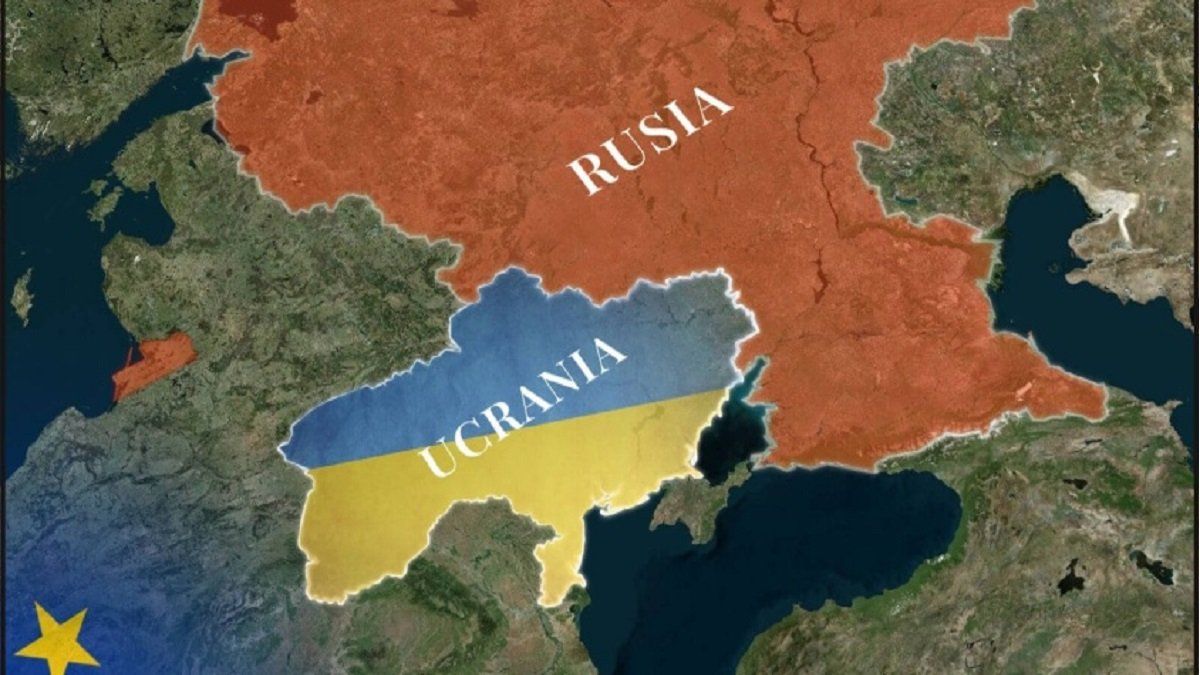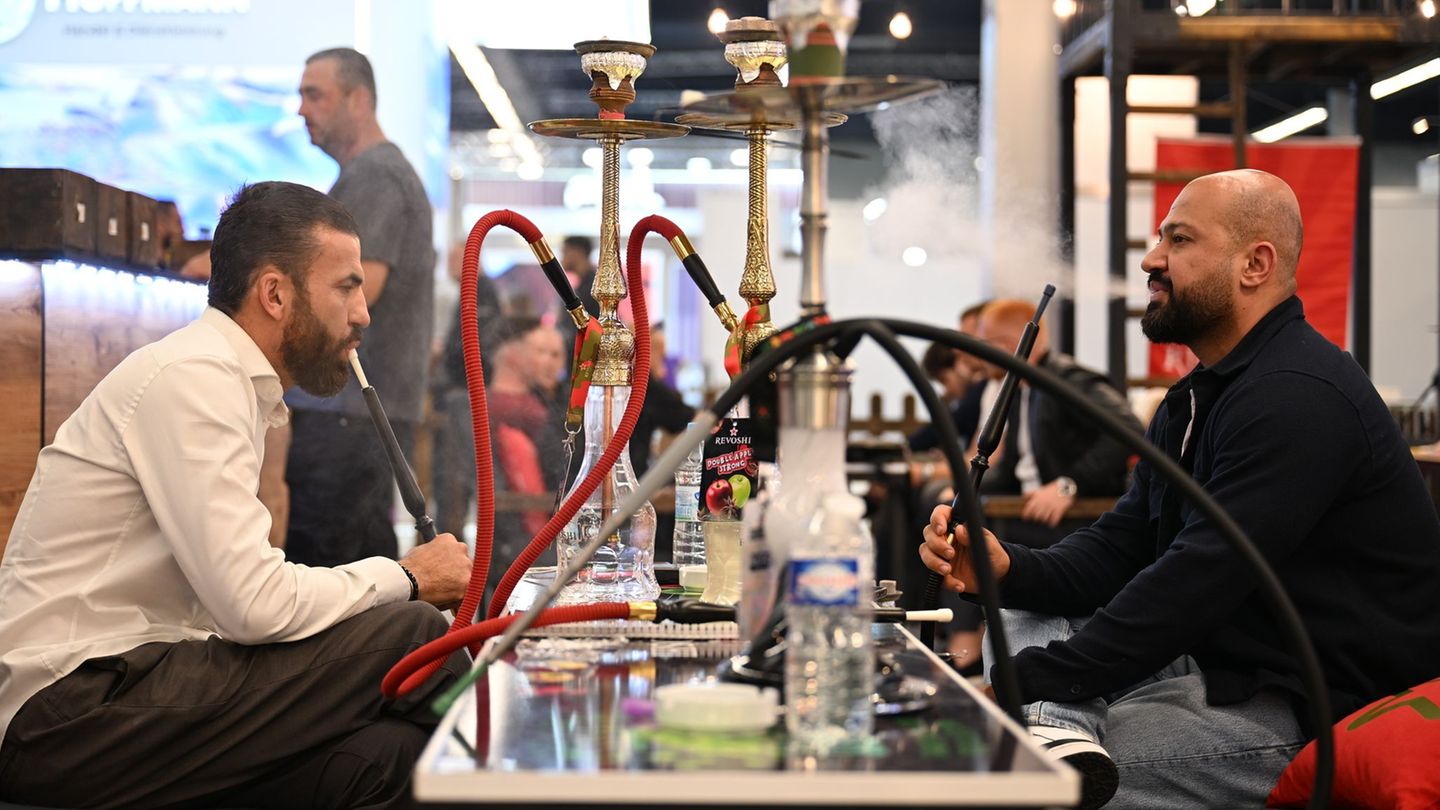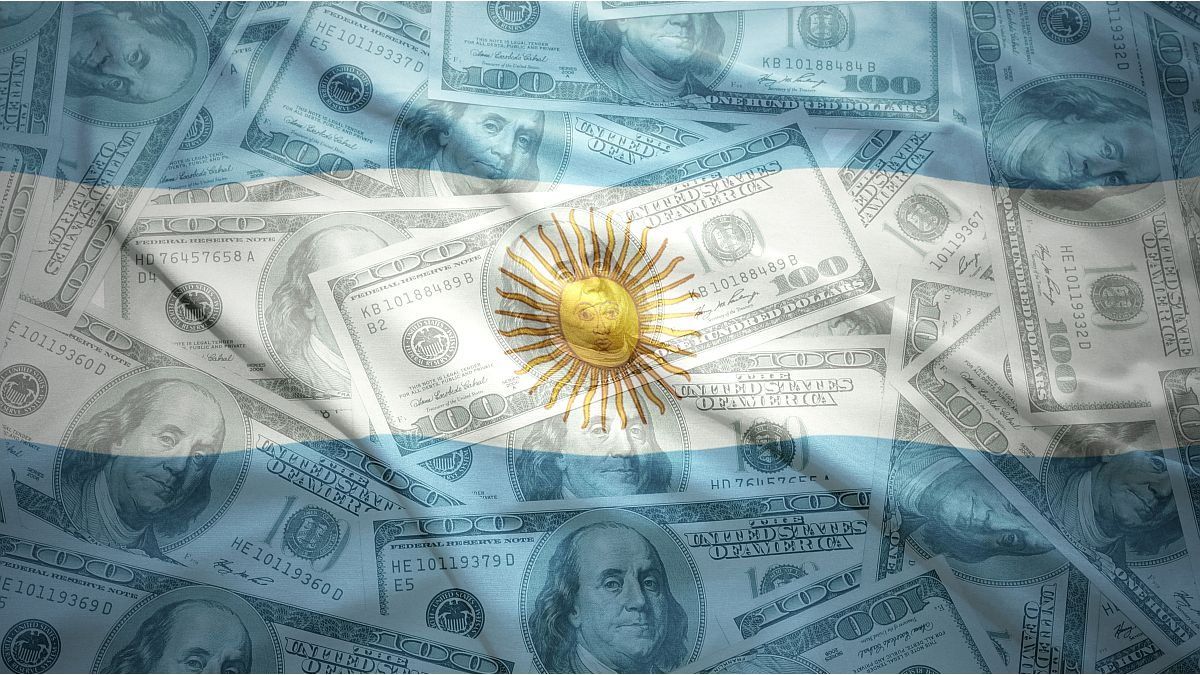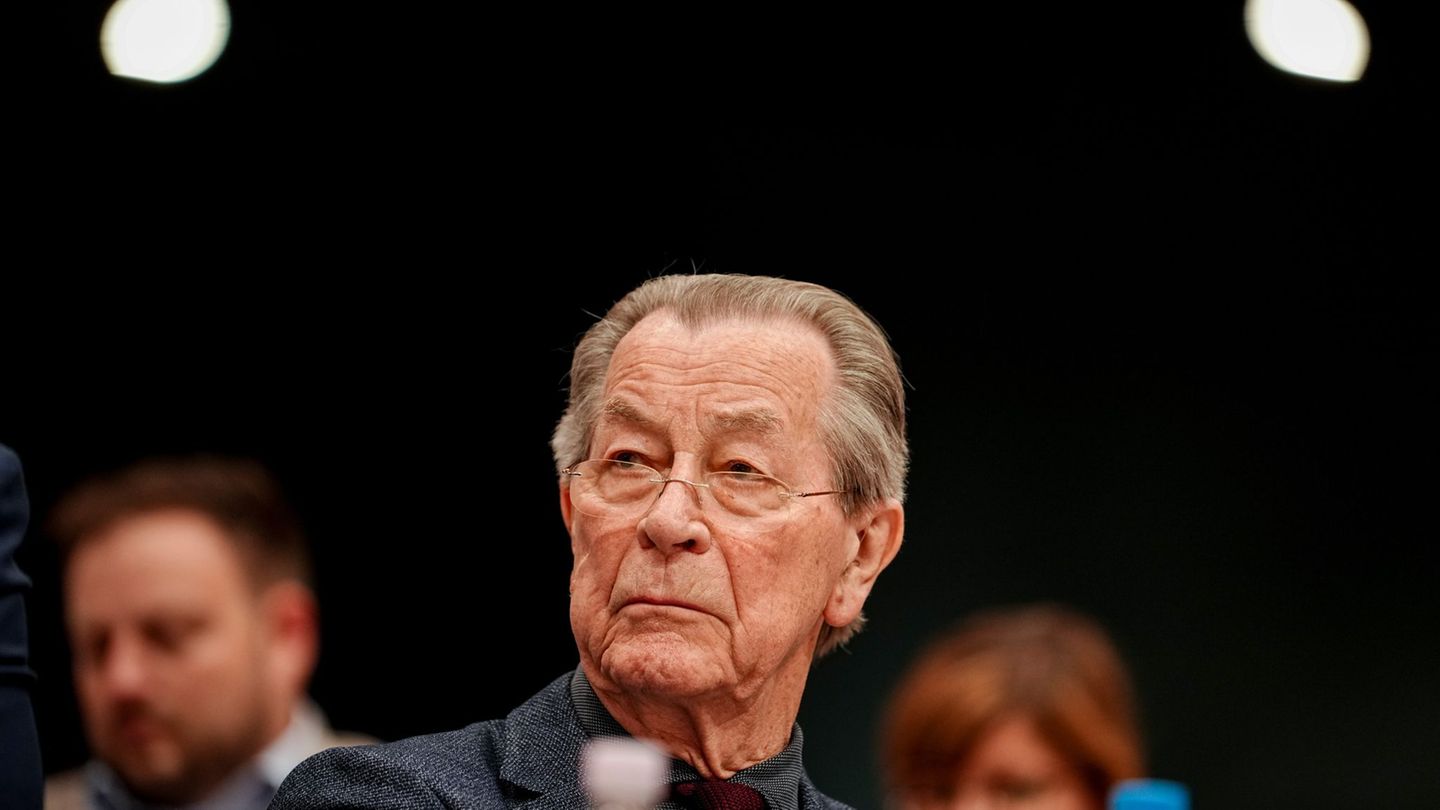the minister of Defense of Russia, Sergei Shoiguand the Ukrainian Minister of Infrastructure, Oleksander Kubrakov, signed separate documents before Guterres, while Erdogan witnessed the act.
Last week, the parties reached an agreement in principle on a UN plan to export 22 million tons of grain and other agricultural products that have been blocked in Ukrainian Black Sea ports by the Russian invasion.
“Today, there is a beacon in the Black Sea, a beacon of hope, a beacon of possibility, a beacon of relief for a world that needs it more than ever,” Guterres said after signing the pact, which was signed on the eve of after five months of war in Ukraine and that it will be in force for three years, according to a source from the agency familiar with the text of the agreement, quoted by the Russian news agency Sputnik.
Erdogan said the deal will help mitigate food security and reduce inflation around the world, which in the United States and many European countries has reached levels not seen in decades.
“We are proud to have been helpful in this initiative, which will play a huge role in resolving this global food crisis that has been on the agenda for so long,” the president was quoted as saying by Turkey’s Anadolu news agency.
The blockade of shipments and exports of Russian cereals and fertilizers prevented by international sanctions have triggered the prices of products such as wheat and barley.
Ukrainian cereals will be taken from the Black Sea to the Mediterranean through the Bosphorus Strait, in the Turkish city of Istanbul, and from there they will go to world markets.
The deal calls for the establishment of a control center in Istanbul, staffed by UN staff and Turkish, Russian and Ukrainian officials, which will coordinate grain exports, officials said.
The ships will be inspected to ensure they are carrying grain and fertilizer and not weapons.
Ukraine is one of the world’s largest exporters of wheat, corn and sunflower oil, but Russia’s invasion and blockade of its ports have stopped its shipment abroad.
Some of the grain has been moving across Europe by rail, road, and river, but the amount is small compared to sea routes.
In the United States, State Department spokesman Ned Price said his country welcomed the deal in principle.
“But what we are focusing on now is holding Russia accountable for implementing this deal and allowing Ukrainian grain to reach world markets. Too much time has passed since this Russian blockade,” Price said.
The European Union, meanwhile, called for immediate implementation of the agreement.
“Today’s Istanbul agreement is a step in the right direction. We urge you to implement it immediately,” EU diplomat Josep Borrell wrote on his Twitter account.
While the agreement was being signed, the Ukrainian authorities reported that in the last 24 hours five people were killed in Russian attacks and that three bodies were rescued from the rubble of a school bombed in the city of Kramatorsk.
The bombing of the school in Donetsk province came hours after other Russian missile strikes killed at least three people and wounded 23 others in the northeastern city of Kharkov, Ukraine’s second largest, near the border. with Russia.
“Russian attacks on schools and hospitals are very painful and reflect that their real goal is to reduce these peaceful cities to ruins,” Donetsk Governor Pavlo Kirilenko said in televised remarks.
However, Russian Defense Ministry spokesman Lt. Gen. Igor Konashenkov said the Russian attack had killed more than 300 Ukrainian soldiers who were using the School No. 23 building in Kramatorsk as their base.
He added that another attack destroyed an ammunition depot in the industrial zone of the southern city of Mikolaiv.
Since the Russian invasion of Ukraine on February 24, the economy has shaken around the world. In addition to the food crisis unleashed by the blockade of the ports, the sanctions imposed by the West against Russia, unleashed an energy crisis that turned against Europe.
One of the countries that most depends on Russian gas is Germany, which today came to the rescue of the ailing energy company Uniper, the largest importer of Russian gas to the country, by acquiring 30% of the company’s shares.
Strangled by gas prices, which skyrocketed due to the conflict, Uniper had been asking the German government for several weeks.
Now the group will benefit from a public loan of “up to 7.7 billion euros ($7.821 million)” in mandatory convertible bonds that will eventually be converted into shares, German Chancellor Olaf Scholz said.
Source: Ambito
David William is a talented author who has made a name for himself in the world of writing. He is a professional author who writes on a wide range of topics, from general interest to opinion news. David is currently working as a writer at 24 hours worlds where he brings his unique perspective and in-depth research to his articles, making them both informative and engaging.




